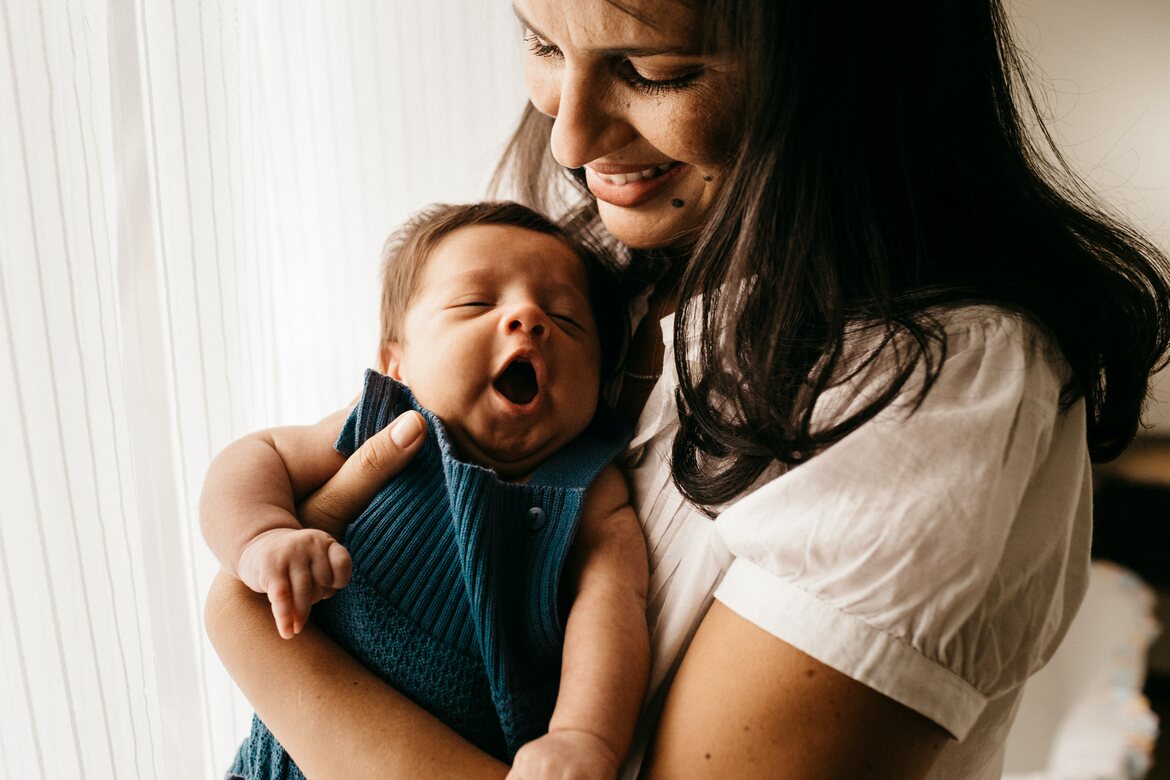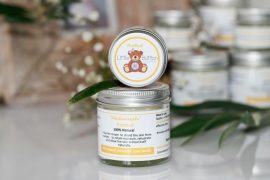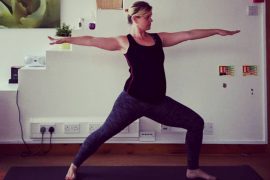By Sarah Palmer
We need to stop seeing our baby’s sleep as the magic key to our wellness as parents. We need to stop blaming our little one’s sleep as the thing that gets in the way of us looking after ourselves. We need to reject the notion that when our baby starts sleeping through the night is when we’ll be able to work on our wellbeing. It’s unrealistic and those inevitable unmet expectations lead to disappointment and resentment.
This may be an unpopular opinion, especially when compared to the mainstream narrative, where baby sleep is seen as an inconvenience and a problem to be addressed so that parents can get back to their old lives. This may bring up feelings of discomfort for you, but sit tight with me as we work through it together.
The way baby sleep is viewed in our culture is in line with most of the values of society – control it, schedule it, perform well and you are valued. The hard truth? We cannot control our baby’s sleep. And we need to stop seeing it as something they need to perform well in so that it reflects well on us. Hard though, when we’re just so dang exhausted right?
The way baby sleep is viewed in our culture is in line with most of the values of society – control it, schedule it, perform well and you are valued.
I’ll be honest, this is only a new revelation for me personally. I’ve known it logically for a while, but there’s a difference between a theoretical knowledge and your own experience and acceptance. On reflecting upon the times in motherhood where I’ve felt amazing: deeply fulfilled, content, confident and happy, feeling aligned and absolutely loving life and being a mum, while also being able to embrace the ebbs and flows – and then compare that with the times I’ve felt the opposite: depressed, not enjoying motherhood, questioning everything I do and feeling overwhelmed and confused, absolutely stuck in the depths of survival mode.
If I think back to examples of each of these, and everything in between, my son’s sleep has actually been the one constant throughout that. And the truth is, that he is a wakeful kid – he wakes a lot and he needs my support to get back to sleep every 2 hours, all night long. This is his normal. He is a good sleeper, because he gets the sleep he needs. And perhaps that’s a good starting point: redefining what a “good sleeper” is – from a baby who sleeps through at 12 weeks, self-settles and goes down drowsy but awake – to a baby who gets the sleep they need including all of those littles who wake frequently and need a lot of support with sleep.
So, if sleep was the same during the highest of highs and the lowest of lows, what are the other factors that were off kilter and contributed to the low times? Less support, a mental load mountain, less self-care and new challenges in parenting that I was unsure about.











